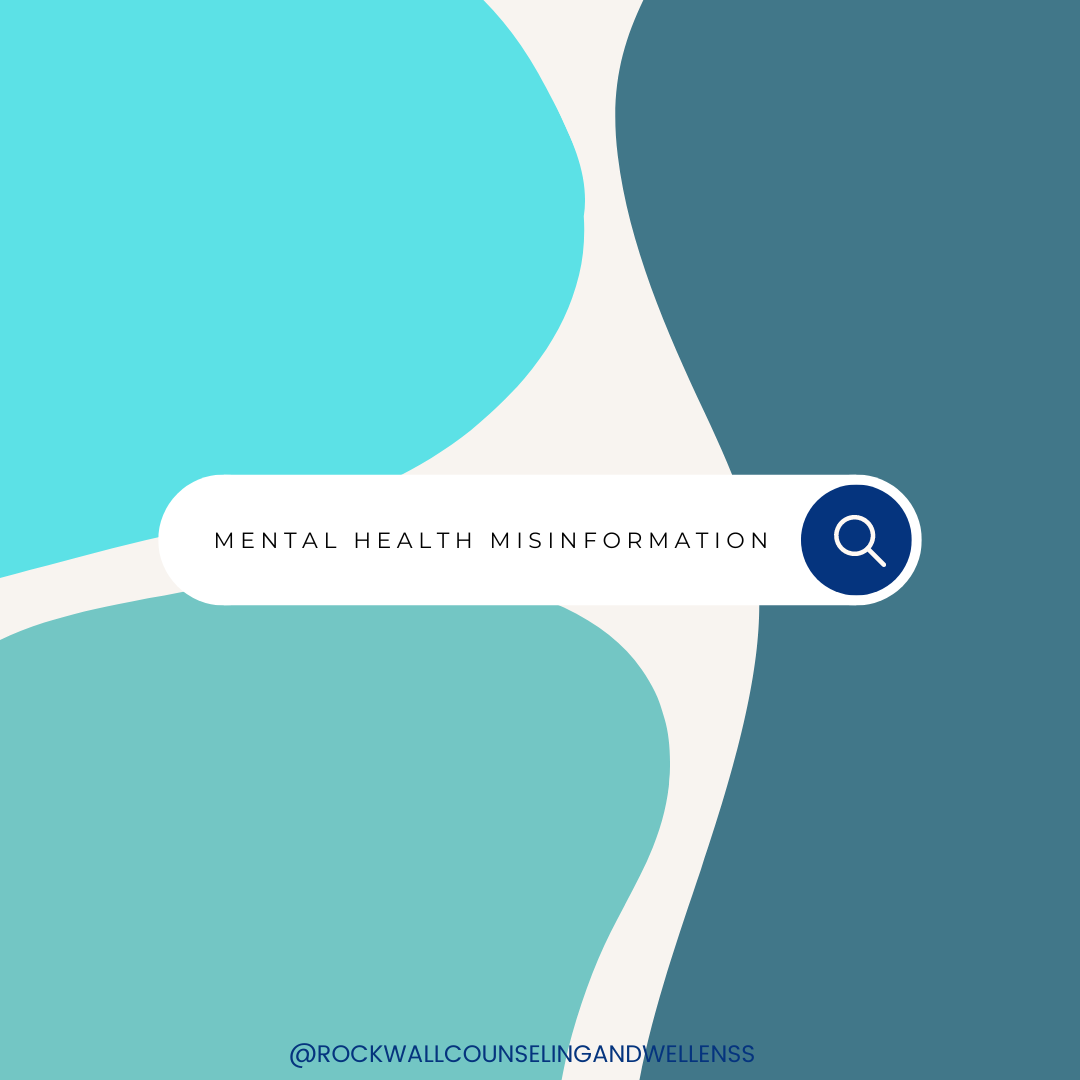Social media can be such a great resource for people looking to learn more about mental health or improve themselves relationally. It is so positive to see that society is more aware of and sensitive to mental health issues and that resources are more readily available to those that seek help. But as with anything else on the internet, we have to be cautious and aware of where we get our information. There are so many posts made about how to identify toxic relationships, how to set boundaries, or even identifying narcissism, ADHD, and other neurodivergent diagnoses. So, how can we be sure that the advice and information we take in is reliable and true? There are a few things you can look for when taking in social media posts or website information about mental health and well-being. By being aware of these warning signs, you can avoid being misled by well-intentioned, or even not-so-well-intentioned posts.
Avoid taking advice from an unlicensed person. This may seem very simple, but in reality, it can be deceiving. Often, you may come across people sharing their personal mental health journeys through social media, but just because they are talking about setting boundaries or therapy techniques, does not mean they’re licensed to advise you. If you see a video or post that you connect with, go to the profile that shared it originally and look to find their credentials. Are they a licensed professional counselor? Is it from a life coach or social worker? These are some of the credentials that you may want to make sure someone has before trusting the advice or information they share.
Consider the motivation for sharing the information. Because so much of the internet is monetized, even some mental health professionals earn income from sharing about selected products, promoting their own books, or displaying brands they’ve partnered with. There is nothing inherently wrong with this. The internet definitely provides opportunities for people to earn extra money through this type of posting. But if a post is implying that you “need” a book or product in order to “fix” your problem, it is probably a post and a profile to avoid, especially if this is the only type of content they post.
Be wary of posts that use absolute language. In life, it’s good in general to avoid absolutes. Very rarely is something “always” or “never” true. For example, if a social media account says that something is “always a sign of depression” or “always a character trait of a narcissist” it may be language they’re using to attract more views or clicks.
Be cognizant of how social media algorithms work. So while we won’t go into the indepth version of how social media decides what to show us, the short version is this: the more you see of a certain type of post, the more you will see that type of post. If you start following a Christian mental health professional, Instagram is going to show you Reels or posts from other Christian mental health professionals. If you watch a video about setting boundaries with your adult children, you’re more likely to see other videos on the same topic. The reason this can be problematic is that all of a sudden, you may find yourself surrounded by posts that have you questioning what you know about yourself. As humans, we’re very susceptible to the power of suggestion. It’s the same reason that when you buy a new car, you start to see that same model car everywhere you go. If you see 10 videos talking about symptoms of depression, you’re probably more likely to wonder if you’re depressed. Be sure to check-in with yourself often, so you know what you’re really feeling and thinking as opposed to what you’re being exposed to.
Be selective in the accounts you follow. There is so much content out in the world, and I think we can all agree that not all of it serves us well. If you find yourself frustrated by what you’re seeing in your feed, disagreeing with it, or triggered by it in any way, unfollow the account. If you come across a video that doesn’t align with your own beliefs and values, click “see less of this” to remove it from your search pages for the future. Just because you come across it, doesn’t mean you have to engage with it or give it space on your feed.
Keep in mind that what you follow on social media should be a supplement to your mental health work, not a replacement for it. The ease of watching a free, short, 90-second video that addresses the problem you’re having has huge appeal. I mean, why sit through a challenging therapy session when you could just scroll through Instagram? Because the two are not the same. If you truly want to lose weight or get in shape, you’d never be able to accomplish that simply by following fitness influencers. If you want to learn to play piano, you can’t accomplish this just by watching videos of pianists. In order to change and grow, you have to put in the work. Learning to cope with anxiety, depression, grief, self-esteem issues or working on your relationships is just that - work. And while you may be able to gain inspiration or encouragement from the pages you follow and the posts you like, it can’t replace sitting down with a licensed professional, learning how to better yourself, and implementing what you learn. If you’re ready to take your mental health journey off your phone and into a session, click the link below to connect with one of our Rockwall area therapists.
Written by Emily Taylor, Contributing Writer

